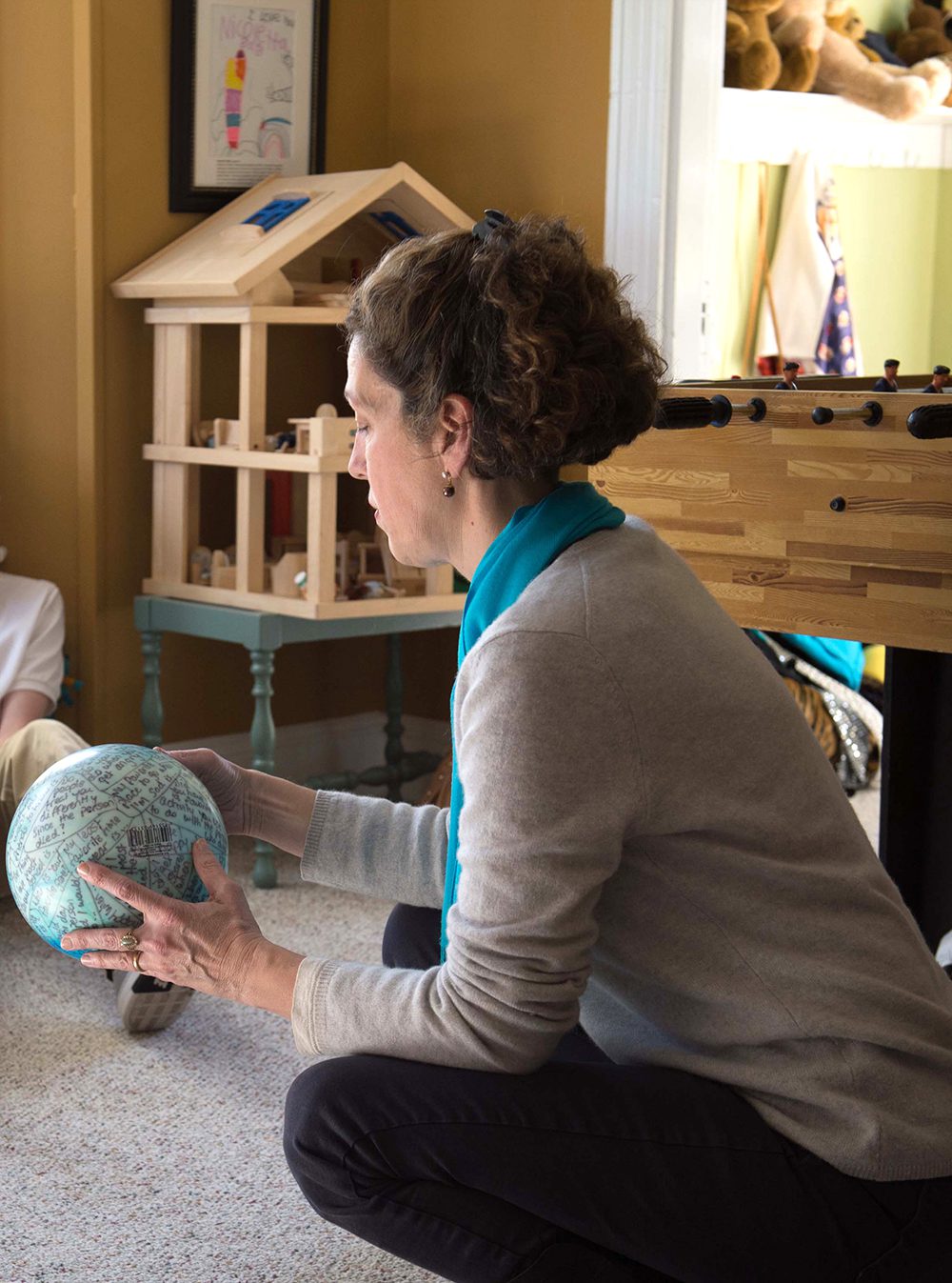Volunteers are essential to our mission. Apply today to make a valuable contribution.
Volunteers have been the heart of our Family Peer Support program since we began almost 30 years ago, and they remain an essential part of our mission. Each year, we need at least 50 volunteers whose time and energy will make a lasting difference in our grief support for children, teens, and families.
Our family peer-support group programs rely on caring, consistent, and well-trained volunteers who work directly with the children and families we serve. With the guidance and oversight of our clinical staff, trained volunteers serve as facilitators to children or adults every other week throughout the school year. Volunteer facilitators are valued members of our family peer support groups. Our volunteers must reflect the diversity of the children and families we serve, so we are especially interested in attracting a diverse volunteer population.

Important things to know
Please carefully consider the following points before applying for the training:
- All those interested must fill out an application form. Please note that applying does not guarantee a spot in training. Once your application is submitted, TCR staff will contact you about the next steps.
- A 35-hour training, consisting of two full weekends, is required for anyone considering becoming a volunteer facilitator, and it is free of charge. A 35-hour training, consisting of two full weekends, is required for anyone considering becoming a volunteer facilitator, and it is free of charge. We typically offer this training twice yearly. More information about the winter 2025 volunteer facilitator training will be posted on this website in late fall.
- You must complete the FULL training to be considered as a volunteer group facilitator.
- After the training, there is an individual meeting with staff to debrief the training and discuss the next steps. You must complete a Massachusetts “Criminal Offender Record Information” (CORI) form.
Please note: Completing the training does not guarantee you will be placed in a group as a volunteer facilitator. Placements, if offered, will be made after considering schedules and the volunteer needs in each group. After completing the training and being onboarded as a volunteer group facilitator, we ask that you make a one-year commitment to one group for 3.5 hours every other week.
We accept applications on a rolling basis throughout the year.
If you have experienced the death of a significant person in your life within the last year, we ask you to discuss this with us before applying. This training can sometimes be an intense experience for newly bereaved people, and we want to make sure participants are well supported.
Interested or need more information?
To apply, please complete our Volunteer Facilitator Training Application here.
If you would like additional information or have questions, please CONTACT US HERE.
About Your Role As A Volunteer
- Volunteers are assigned to a specific group that meets every other week from October to June. Groups take place in-person at our Center in Arlington, located at 1210 Massachusetts Avenue.
- Groups meet every other week, either on Monday and Thursday evenings or Sunday afternoons. Groups do not meet during the summer.
- For groups that meet during the week, the time commitment is 5:30 pm to 9:00 pm; for groups that meet on Sunday, the time commitment is 2:00 pm to 5:30 pm.
About Our Family Peer Support Groups
- Families come to The Children’s Room after the death of an immediate family member, typically a parent or a sibling. Children and teenagers (ages 3½ – 18), parent(s), and/or guardian(s) are welcome. Peer support groups for children, teens, and adults are held in person at our center in Arlington. Families are invited to come on the same day and at the same time but meet in separate groups.
- Children and Teen groups have a planned age-appropriate activity related to some aspect of the grief experience. Facilitators utilize creative methods, including art, music, play, and poetry, to encourage group connections, self-expression, memory sharing, feelings exploration, and self-care.
- Facilitated peer support groups for adults provide a safe space in which parents/caregivers can find peer support around their grief experience, navigate pieces related to parenting grieving children, and be with others who have had a similar experience.



